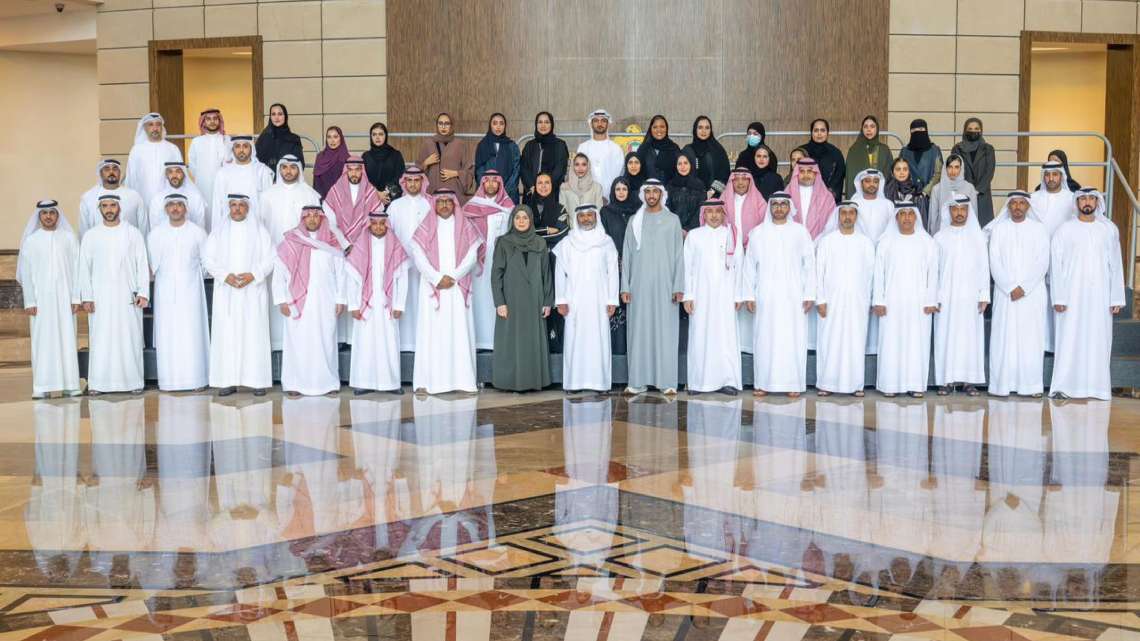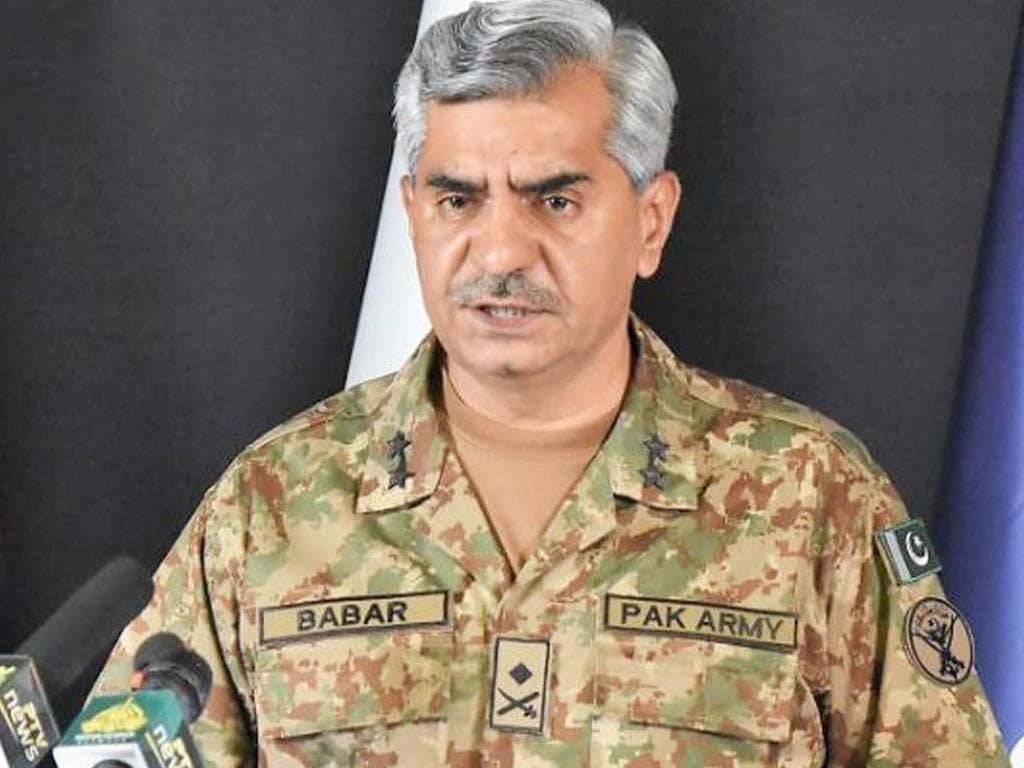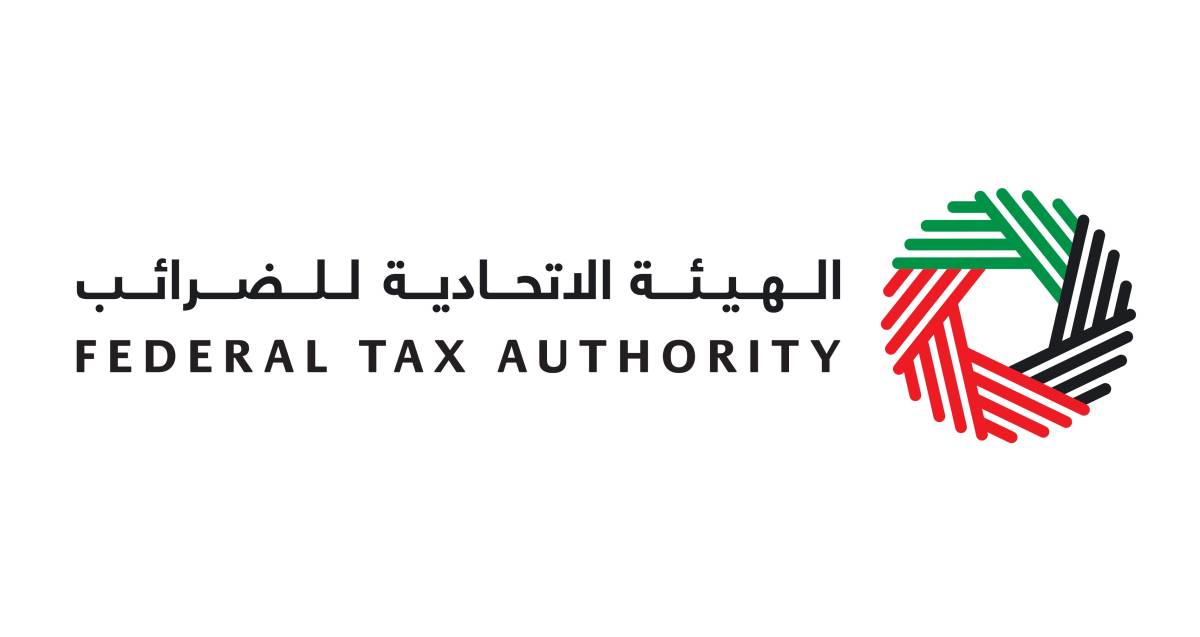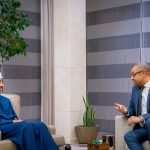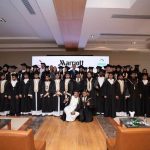Dr Gargash said UAE has to carefully monitor changes in the international order and their implications on the regional order, which consists of Arab and Gulf states as well as countries such as Iran, Turkey, Pakistan, and India, reports Asian Lite Newsdesk
The UAE is keen to build bridges of dialogue and cooperation with all its neighbours, including Iran and Turkey, to promote regional security and stability, according to Dr Anwar Gargash, Diplomatic Adviser to UAE President.
Gargash was speaking at the second Ramadan lecture organised by Majlis Mohamed bin Zayed, entitled “Security and Stability in Our Changing World: A UAE Perspective”.
Lt. General Sheikh Saif bin Zayed Al Nahyan, Deputy Prime Minister and Minister of the Interior, also attended the lecture at the Sheikh Zayed Grand Mosque in Abu Dhabi.
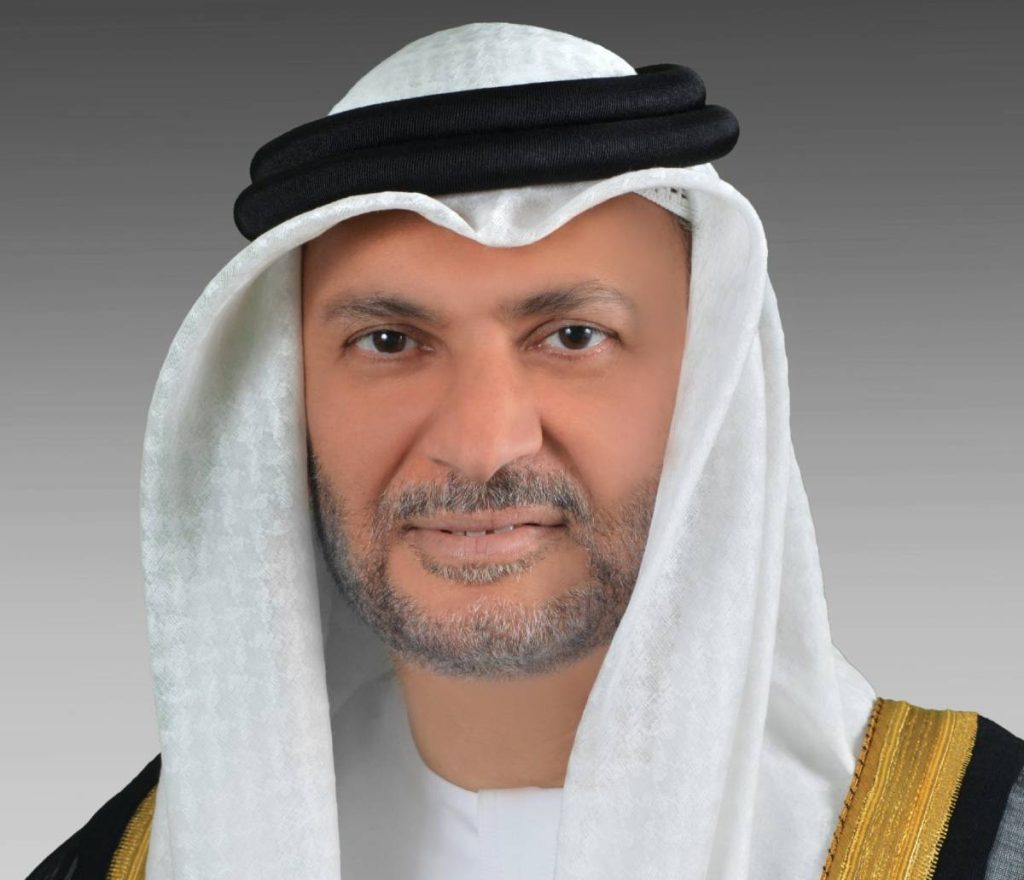
The lecture explored the UAE’s experience in maintaining global security and stability and its developmental model in light of ongoing global shifts, as well as ways to tackle current global challenges, key developments in the global ecosystem and other important topics.
Gargash underscored the UAE’s keenness on building bridges of dialogue with all its neighbouring countries, including Iran, adding that it “will always resort to diplomacy, negotiation, and economic cooperation”.
Security and stability are closely related to the change in the world, he added. “Therefore, ensuring the strength of our influence, maximising our benefit from the process of change and the accompanying transformations lead us to realise the importance of union and collective action, whether it is the Gulf bloc or the Arab bloc.”
He said under the current changes in the region, it is necessary to manage matters peacefully with countries that have different policies and views, by working on the common grounds and putting differences aside.
“For example, Iran is a neighbour and therefore we endeavour to establish the best relations with it. We see that Turkey is a partner in our joint endeavour to prosperity and we continue to support the prospects of the Abraham Accords,” he said.
Dr. Gargash said that, in light of the changes occurring in the international order, “we must establish concepts that contribute to the stability of the regional order. At the top of this is respect for the sovereignty of states and the absolute rejection of the use of force in regional relations, rejection of the role of armed militias, and regional joint cooperation to promote stability and prosperity and to build regional platforms to enhance multi-regional economic and investment dialogue and cooperation between parties”.
He said change is undoubtedly a constant feature of the world, talking about change necessarily involves discussing the international order.
“As such, we in the UAE have to carefully monitor changes in the international order and their implications on the regional order, which consists of Arab and Gulf states as well as countries such as Iran, Turkey, Pakistan, and India,” he said.
ALSO READ: Gargash meets international officials on Yemen
“It’s widely recognised that the international order will increasingly become multi-polar in the coming period,” adding that it will be an order that would not be controlled by a particular country, and is expected to continue this way.
The lecture also included several video-recorded contributions, featuring officials and specialists who discussed similar topics.
At the beginning of the lecture, Dr. Gargash spoke of the UAE’s achievements. He said, “A few months ago, we celebrated the 50th National Day of the UAE. It was a celebration of five decades and the achievement of a vision of an enlightened leadership that believed in the capabilities of the UAE and its people to achieve greater development, science, and knowledge.
“Although a 50-year period is considered relatively short in the life of countries and peoples, the UAE has proven that the timeframe is not an important factor in the development of countries. During this period, we have been able to build a country with solid economic, political, and social foundations, which now plays a prominent role regionally and globally.”
“The size of the UAE economy in 1975 was about US$15 billion. Today, it is around US$430 billion,” he noted.





